Names and Titles in Dungeons and Dragons
Finding a name for your character is a story in itself. Here we will talk about how names and titles in Dungeons and Dragons can add to your game’s flavor. How to make it stand out more and show off your experience to the inhabitants of the world.
As your character progresses through the game, overcoming obstacles and fighting monsters, you will earn experience points (XP). Enough of them will take you to the next level of play and gain you new abilities. Thus making you a more formidable hero (or villain) as you go along.
However, these levels, stepping stones to bring you towards more challenging encounters, can be hard to understand what it means in the greater arc of the game. Here, I will try to give you some guidelines to what they can mean – out there in the real, fantasy world.
Dungeons and Dragons’ rules prescribe that the levels are divided into tiers of play, saying a bit about what challenges you face. In the first tier, level 1-4, you’re learning the ropes and face simple challenges. Next tier from level 5-10, you’re moving up in the adventuring world. You can take on greater challenges, threatening the city or territory. As you reach level 11-16, you’re probably a hero on the national level facing even harder encounters. Then as you cross into level 17-20, the whole world is your playground. You fight threats to the very existence of the world, perhaps even journey to other planes of existence to fight your battles.
So, what can you do to expand on that feeling of tiers in the game? Here, words really matter. Let’s take an example:
Wimo is the class wizard. At level 1-4 (first tier), he isn’t a wizard yet though, he’s working to become a wizard. So he might be talked about as Novice Wimo, or among wizards even just novice, not being important enough to remember his name. As he works through his studies and practical encounters in the field, he gains knowledge and renown, reaching level 5. He can now be called The Wizard Wimo when people talk about him, granting him more respect.
As Wimo faces even more significant challenges, he soon raises to level 11, thus entering the third tier of play. Title wise this could translate to Grand Wizard Wimo or something to that effect. His title reflecting the experience and fame he has gathered over the years. The challenges ahead are tough now, and across the realm, his name spreads. Thus, when he reaches level 17, he would now be known as The Illustrious Mage Wimo or another impressive name.
What is in a name?
The above guidelines are, of course, for all classes. But one thing to remember is that wizard, fighter, bard, druid, and so on are just boxes to put your character in for game purposes. So, if you would rather call your character something else, talk to your Game Master about that. A Fighter could be a knight, Swordsman, and so forth. It’s up to you to define your character and give it life. Dungeons and Dragons talk about names, but there are also titles.
In adding titles to your character, you give it more depth and make it fit more into the world you play in. So, being a cutpurse at level 1, only rising to thief later, can give some nice flavor to the game and help your GM with the stories’ direction to help you gain that next title.
And there are a lot of titles to choose from. In addition to the ‘professional’ titles, you can add nobility to the mix. Maybe your character gains a barony along the way, thus suddenly, the title Baron might be more useful than Knight, especially when dealing with other nobles.
You could also gain names from adventures faced or items found. When Elgor, the hedge knight, defeated the trolls that threatened the town of Birok, he became Elgor Trollslayer. When the cleric Pritus found the holy mace Sunburst, he took the name Pious the Pious, wielder of Sunburst. And so on. Of course, there are no limits to this, as proven by Klagin the Great, hammerer of dragons, slayer of Ritak the Mummy, wielder of the blade of K’lang Rescuer of Barrentown, Lord of the Realm. Although people might doze off before the introductions are over.
And then, just to counterpoint, when you’re famous enough – perhaps just a single name is enough – like Achilleus or Elminster.
Have fun, and feel free to share your best character name below.









